How To Learn Generative AI? Step-by-Step For Beginners
4.9 out of 5 based on 8547 votesLast updated on 17th Jun 2024 15.32K Views
- Bookmark

Learn Generative AI by mastering basics, exploring algorithms like GANs, experimenting with tools, and following expert tutorials for hands-on practice.

Introduction
Generative AI, a subset of artificial intelligence, focuses on creating models that can generate new data similar to the input data they were trained on. This technology powers various applications, from creating realistic images and music to writing essays and developing new products. If you're a beginner eager to dive into the world of Generative AI Course, this web blog will walk you through the steps to get started and advance in this exciting field.
Know the Basics of AI and Machine Learning
Familiarize Yourself with AI Concepts
Before diving into generative AI, it's crucial to understand the basics of artificial intelligence and machine learning. Begin with learning key concepts such as:
- Artificial Intelligence (AI): The simulation of human intelligence processes by machines.
- Machine Learning (ML): A subset of AI that involves training algorithms to make predictions or decisions based on data.
- Deep Learning: A subset of ML that uses neural networks with many layers to analyze various factors of data.
Learn Python Programming
Python is the preferred language for AI and machine learning due to its simplicity, readability, and extensive library support.
- Install Python: Download and install Python from the official website.
- Learn Syntax and Basics: Familiarize yourself with Python syntax and basic programming concepts.
- Practice: Solve coding problems on platforms like LeetCode, HackerRank, and CodeSignal.
Dive into Machine Learning Algorithms
Learn about various ML algorithms, including supervised learning, unsupervised learning, and reinforcement learning. Focus on understanding how these algorithms work, their applications, and their limitations.
Practical Implementation
Start implementing basic ML algorithms using Python libraries such as Scikit-Learn and TensorFlow.
Explore Deep Learning & Deep Learning Fundamentals
Deep learning is critical for generative AI. Understand the structure and function of neural networks, including convolutional neural networks (CNNs) and recurrent neural networks (RNNs).
Frameworks and Libraries
Familiarize yourself with popular deep learning frameworks such as TensorFlow, Keras, and PyTorch. Learn how to build, train, and evaluate neural networks.
Introduction to Generative Models
Generative models are designed to generate new data samples from learned data distributions. Key types include:
- Generative Adversarial Networks (GANs): Comprising two neural networks (generator and discriminator) that compete to generate realistic data.
- Variational Autoencoders (VAEs): Encode input data into a lower-dimensional space and then decode it back, generating new data samples.
- Transformers: Used for generating sequences, such as text, with models like GPT (Generative Pre-trained Transformer).
Building and Training Generative Models
Start by implementing simple generative models and gradually move to more complex ones. Use frameworks like TensorFlow and PyTorch to experiment with GANs, VAEs, and transformers.
Practical Projects and Applications & Implement Real-World Projects
Apply your knowledge by working on real-world projects. Examples include:
- Image Generation: Create realistic images using GANs.
- Text Generation: Develop language models to generate human-like text.
- Music Generation: Use AI to compose music.
Participate in Competitions
Join online AI competitions on platforms like Kaggle to test your skills, learn from others, and gain practical experience.
- Stay Updated and Keep Learning
- Follow Research and Trends
Stay updated with the latest research papers and developments in generative AI. Follow conferences such as NeurIPS, CVPR, and ICML.
Join AI Communities
Join online communities and forums to discuss ideas, ask questions, and collaborate with others. Platforms like Reddit, Stack Overflow, and GitHub are great for networking.
- Develop a Portfolio
- Showcase Your Work
Create a portfolio to showcase your projects and skills. Use platforms like GitHub to share your code and document your projects.
- Create a Blog or Website
Consider starting a blog or personal website to share your learning journey, write tutorials, and showcase your projects.
- Seek Mentorship and Collaboration
Find a Mentor
Having a mentor can significantly accelerate your learning process. Seek out experienced professionals in the field of generative AI for guidance and advice.
Collaborate with Peers
Collaborate with peers on projects and research. Collaborative learning can provide new insights and help solve complex problems more efficiently.
You May Also Read These Posts:
Machine Learning, Data Science And Generative AI With Python
Artificial Intelligence Online Certification Cost
Know the career perks of learning Generative AI
- Generative AI is a cutting-edge field with growing demand across industries, leading to numerous job opportunities for experts.
- Professionals skilled in generative AI often command high salaries due to the specialized knowledge and expertise required.
- Working in generative AI allows individuals to be at the forefront of technological innovation, contributing to ground-breaking developments.
- Generative AI is applicable in various sectors, including healthcare, entertainment, finance, and marketing, offering a wide range of career paths.
- The field combines creative problem-solving with technical skills, making it ideal for those who enjoy both aspects.
- Expertise in generative AI can lead to rapid career progression and opportunities for leadership roles in tech companies and start-ups.
- The demand for generative AI talent is worldwide, providing opportunities to work with international companies and in different countries.
- Professionals can work on projects that have significant societal impact, such as advancements in medical imaging, natural language processing, and personalized content creation.
- The field is constantly evolving, offering endless opportunities for continuous learning and professional growth.
- Professionals have access to the latest tools, frameworks, and technologies, keeping them at the forefront of technological advancements.
- Many roles in generative AI involve research and development, allowing professionals to contribute to the advancement of AI technologies.
- Many generative AI roles offer flexible work environments, including remote work options and flexible hours.
- Skills in generative AI can empower professionals to start their own ventures, developing innovative products and services.
Know the topmost designation in Generative AI
Machine Learning Engineer
- Design, develop, and deploy machine learning models, including generative models like GANs and VAEs.
- Proficiency in Python, deep learning frameworks (TensorFlow, PyTorch), and understanding of ML algorithms.
Data Scientist
- Analyze large datasets, develop models to generate insights, and build generative AI models for predictive analytics and data augmentation.
- Statistical analysis, data visualization, machine learning, and programming (Python, R).
AI Research Scientist
- Conduct cutting-edge research in generative AI, publish findings in academic journals, and develop new algorithms and models.
- Strong theoretical background in AI and ML, experience with research methodologies, and proficiency in programming.
Deep Learning Engineer
- Focus on developing and optimizing deep learning models, including CNNs, RNNs, and transformers for generative tasks.
- Expertise in neural networks, experience with deep learning libraries, and knowledge of GPU/TPU computing.
NLP Engineer
- Develop and implement natural language processing models for text generation, language translation, and sentiment analysis.
- Understanding of NLP techniques, experience with transformers (e.g., GPT, BERT), and proficiency in Python.
Well, these job roles demonstrate the diverse opportunities available in the field of generative AI, catering to various skills and interests. Whether you are inclined towards research, development, creative applications, or ethical considerations, generative AI offers a promising and dynamic career path.
You May Also Read:
Machine Learning Interview Questions and Answers
Artificial Intelligence and Machine Learning
The Future of Generative AI
Generative AI is poised to revolutionize numerous industries by enhancing creativity, efficiency, and personalization. In the coming years, we can expect generative models to become even more sophisticated, and capable of producing highly realistic and complex outputs across various domains. For instance, in healthcare, generative AI could be used to create synthetic medical data for training purposes, aiding in the development of new diagnostic tools and treatment plans.
Moreover, the democratization of generative AI tools will empower individuals and small businesses to leverage advanced AI capabilities without needing extensive technical expertise. This accessibility will spur innovation and competition, leading to new applications and services that were previously unimaginable.
However, the future of generative AI also raises critical ethical considerations, including the potential for misuse, biases in generated content, and the need for transparency and accountability. Addressing these challenges will require collaboration between technologists, policymakers, and ethicists to ensure that the benefits of generative AI are maximized while minimizing its risks. As generative AI continues to evolve, it holds the promise of reshaping the landscape of technology and society in profound and transformative ways.
Conclusion
Well, the above-listed information highlights that learning generative AI is a rewarding journey that requires dedication, practice, and continuous learning. By following this step-by-step guide, beginners can build a strong foundation in AI, machine learning, and Generative AI Examples advance to deep learning and generative models, and ultimately contribute to the exciting field of generative AI. Keep yourself updated with the key to success is persistence, curiosity, and a willingness to experiment and learn from failures.
Subscribe For Free Demo
Free Demo for Corporate & Online Trainings.
Your email address will not be published. Required fields are marked *




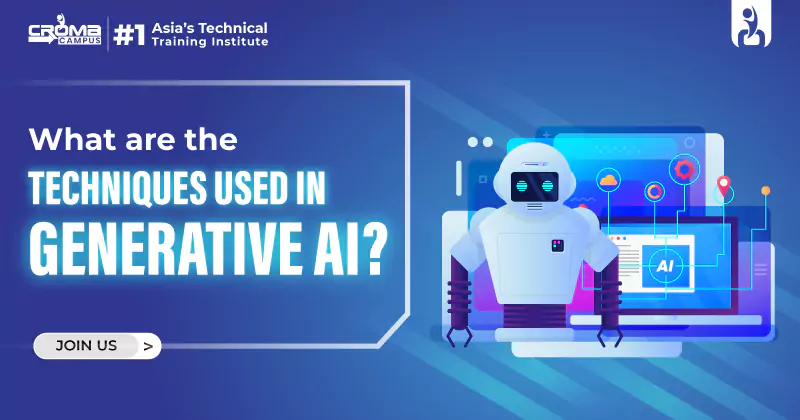

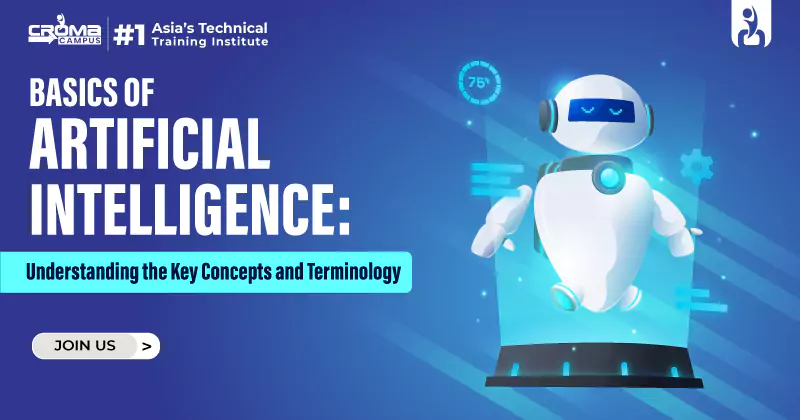
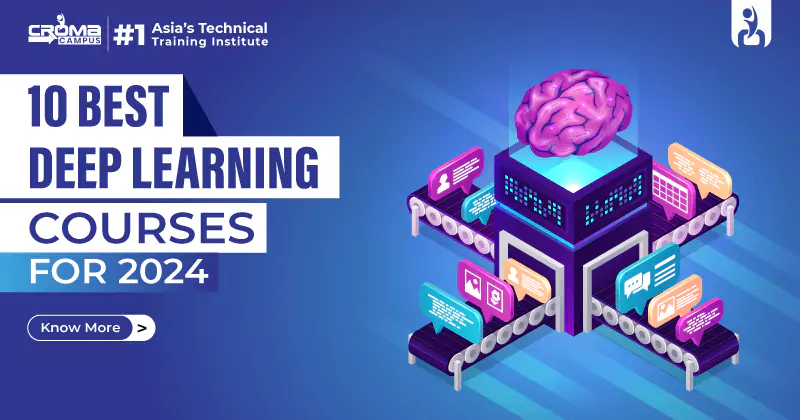

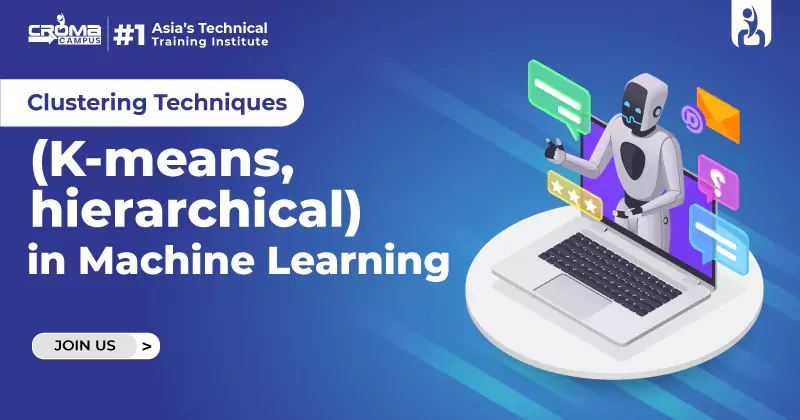
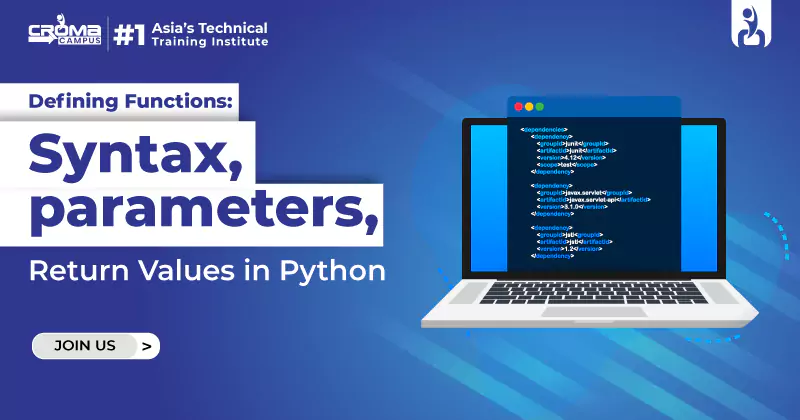
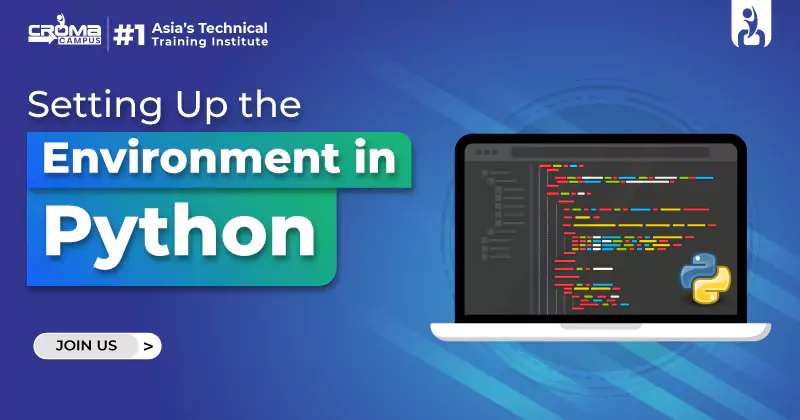









 Master in Cloud Computing Training
Master in Cloud Computing Training